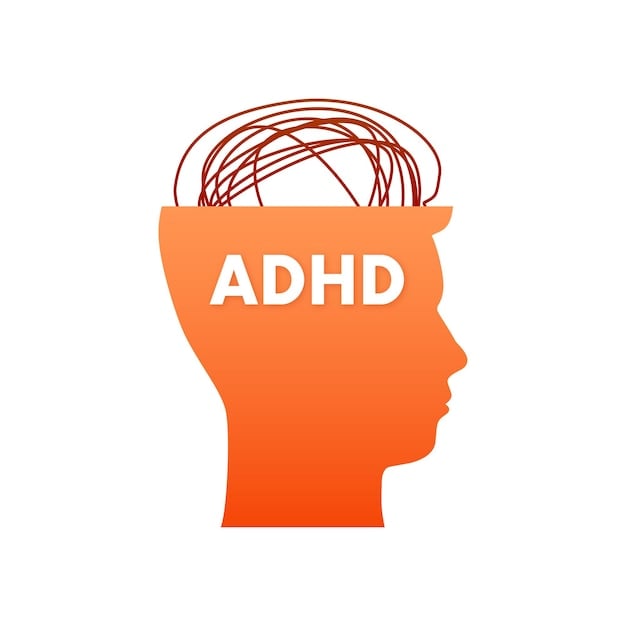For those of you who weren’t diagnosed until adulthood (I’m in my late 40s), what was the diagnosis process like? Are you just given a written test, or does someone evaluate you more thoroughly? Do they try to understand your symptoms, or is it more of a checklist? If anyone has personal stories they’d be willing to share, I’d love to hear them. I’m also just curious about what to expect during the appointment. Who do I make it with? A psychiatrist?
I also wonder if there are other related conditions or learning disabilities that I might have, such as dyslexia. Do I need to be proactive in asking for multiple diagnoses? Or will they be able to evaluate me for anything/everything?


Young adult (mid-20’s) ADHD diagnosis here.
I went to my general practitioner, who had prescribed me flu medications and stuff like that before and was covered by my insurance. I basically wanted them to refer me to a therapist or a psychiatrist, because I was grappling with huge depression and anxiety at the time from being on my own as an adult away at school for the first time.
As a side note, since it’s true, I want to mention I actually unbeknownst to myself was going through a bit of a major mental breakdown at this time which motivated my actions, because long story short, on top of the undiagnosed ADHD, I had been trying to hold myself to a standard of my peers, who all were older and more experienced and worldly than I was. And that was very difficult for me in an advanced program like I was taking, and this difficulty I had, I saw as flying in the face of the idea I was even equipped to be admitted to that program, in an “imposter syndrome” type way… despite being, again, literally younger than everyone else in the program, and being literally admitted to the program in the first place. Lol.
I was being very hard on myself with sleep and nutrition and stress about money, in a way I never had to be before, because again I had never been an adult before. I was up all hours and would sleep until late afternoon and was truant to classes—classes in my supposed field of career interest, no less—and didn’t desire to do any of the things I used to enjoy. And, when I went to classes to avoid failing outright, I was propped up on caffeine pills and coffee cans from the school vending machines—which was basically my ONLY coping mechanism aside from bad food.
It all got to the point where one time I left class while someone was presenting to vomit from stress in the school restroom, and then returned to class pretending nothing was wrong, lying to myself that I could take it and that I was normal and fine and so what big deal, class is over in two hours anyway.
I hated, HATED myself. I didn’t understand what what happening with me or why I didn’t want to do things I loved, or anything, anymore. All I knew was—and I don’t remember how exactly this became crystal clear to me, but it did, I had a wake-up call—that something was wrong, and I was not healthy and was actually suffering, in a way I never had before.
So, I went to my doctor, who I had seen before for like bacterial infections and viruses and stuff like that. In the hopes they could refer me to a psych specialist for, I don’t know, drastic hypnosis shock therapy or something, that they could tell me what to do, anything to make me feel like less of an abject failure of consciousness. And I started trying to explain myself a handful of times to my doctor, who listened and watched me talk to her, asking questions sometimes, trying to understand—but ultimately all I had to point to was my depression and anxiety and, like, hypersomnia, and difficulty at school, so it was hard for me to define the problem. I was actually embarrassed I was even sitting in the doctor’s office trying to communicate what was wrong without understanding myself.
Until she went “Okay, I see… so, I have a questionnaire I want you to fill out. And just looking at you and listening to you I have a feeling you’re going to score highly on it.”
And, wouldn’t you know it—I did score highly on it! Turns out, a doctor’s job is to identify what is wrong with a patient for them, so there’s literally no reason to be embarrassed about seeking a diagnosis at all!
Suddenly all my baggage… didn’t matter. The imposter syndrome, the pressure, the feelings of failure, all the nonsense about my mental issues at college that you had to slog through to get to this point in my comment, which clouded my ability to explain what was wrong to anybody including myself? It didn’t matter. All that mattered was my symptoms, which were validated by my doctor as real and serious, and the available treatments and coping mechanisms I could use to take back control of my life.
Edit to add: Presently, my outcome is pretty positive, as well. I hold down a full-time job and drive to work and have a dog and everything.
I’m in a place now owing to my diagnosis where I am looking into therapy to start to address and unpack what I understand to be underlying traumas from going through primary school/early life in general without a diagnosis, and the mental impacts of that on my brain in development. I have no doubt if I didn’t have my diagnosis, I would be ill-equipped for that kind of shadow work, let alone particularly interested in undertaking it.